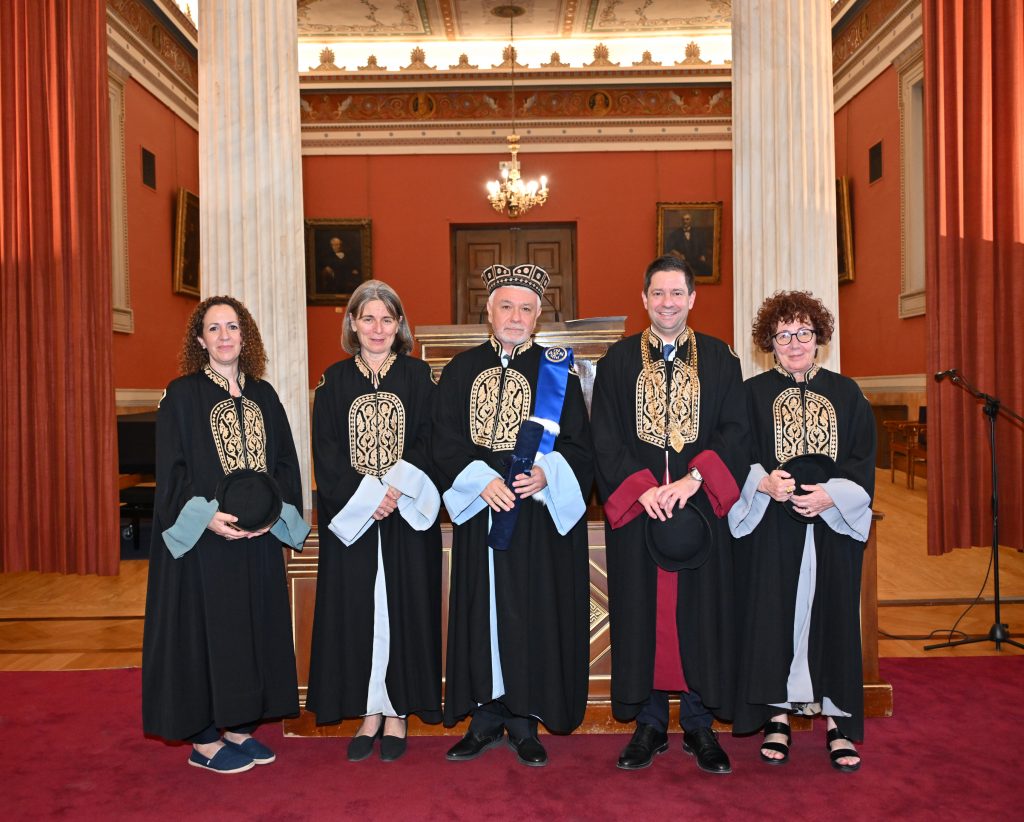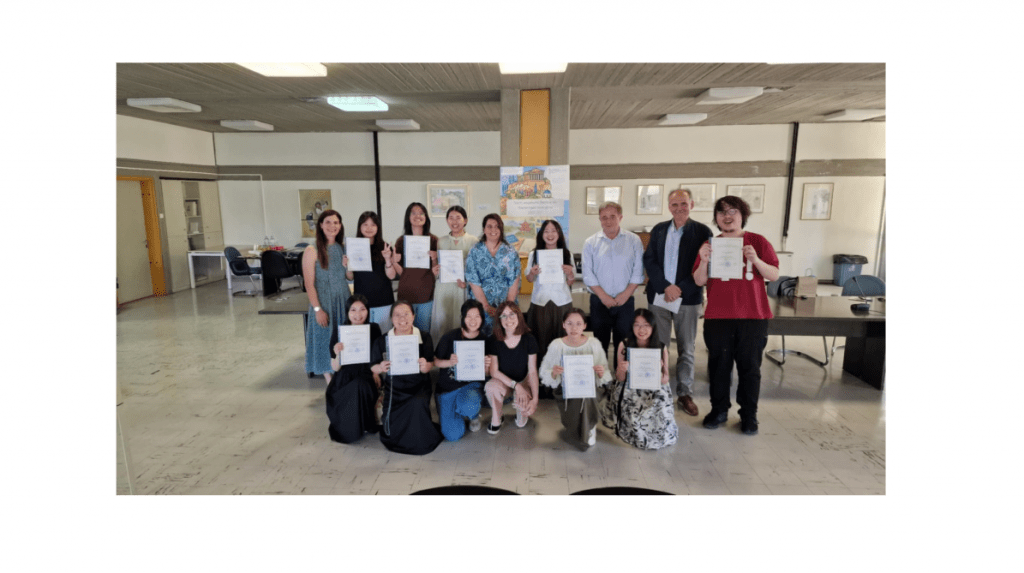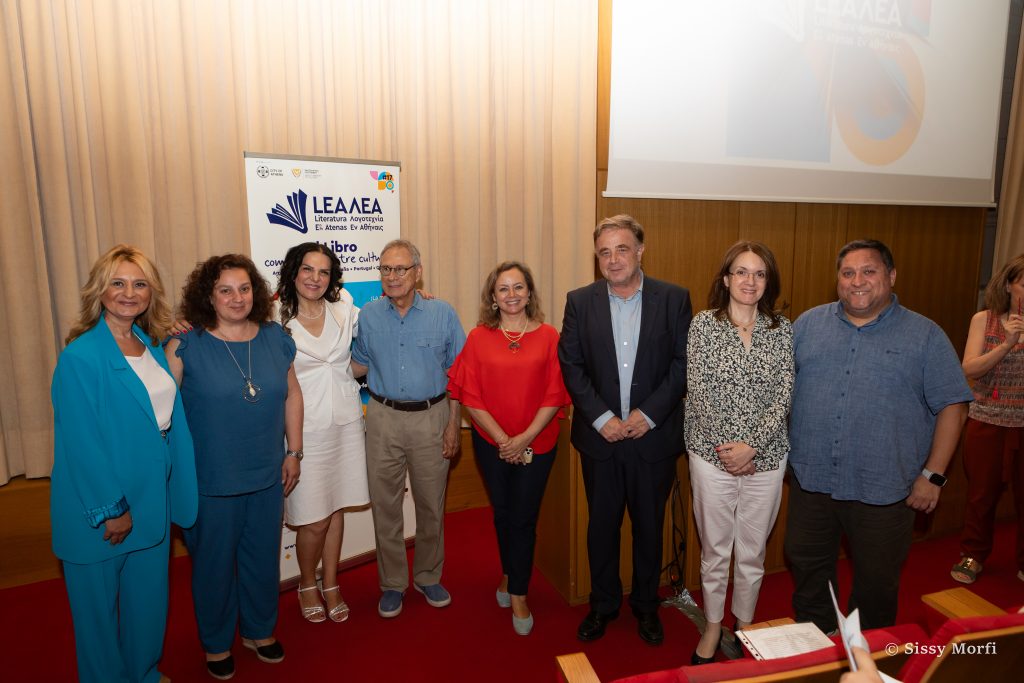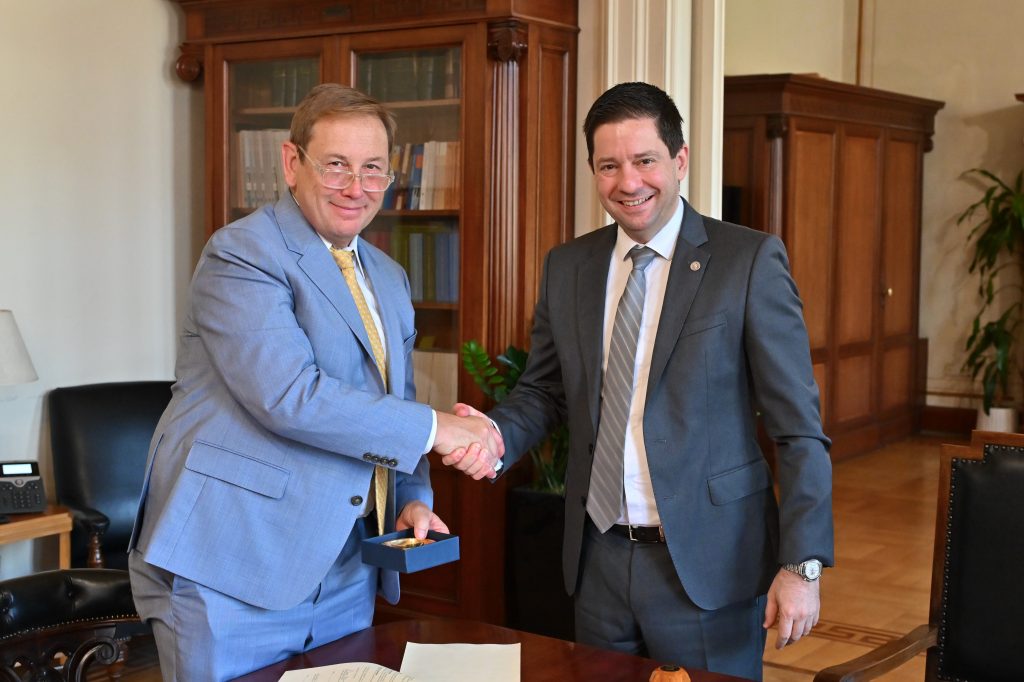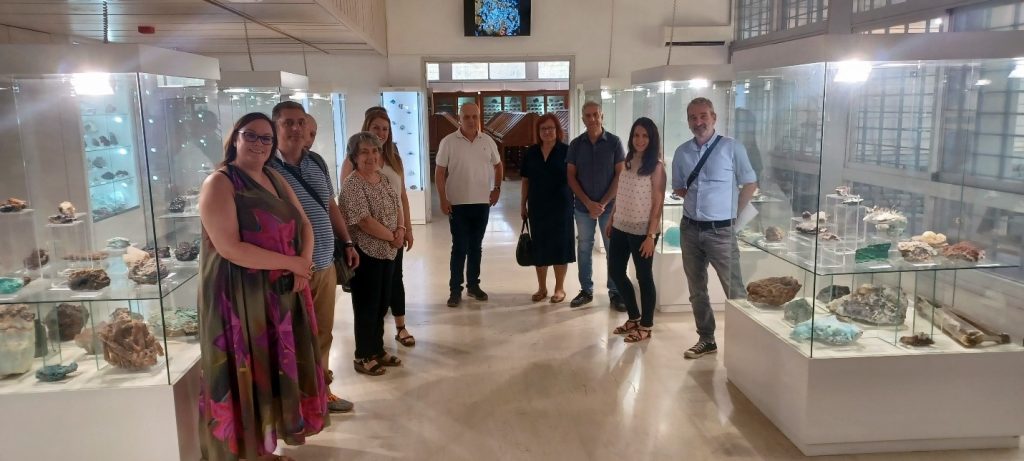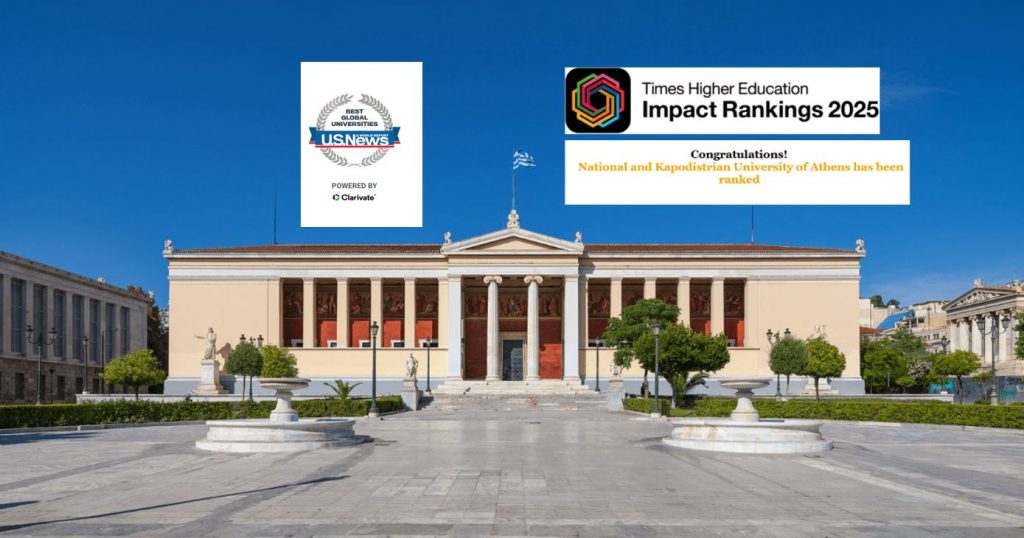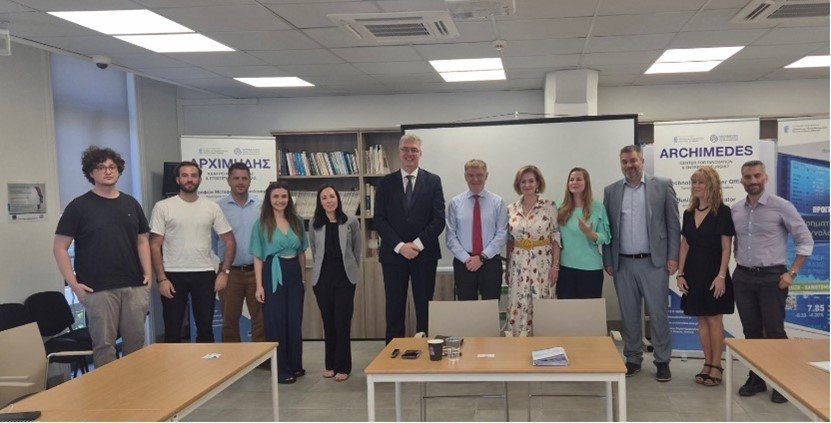Άννα Λάζου, Επίκουρη Καθηγήτρια του Τμήματος Φιλοσοφίας της Φιλοσοφικής Σχολής του ΕΚΠΑ.
ΠΕΡΙΛΗΨΗ
Η αναζήτηση των αιτιών των σύγχρονων περιβαλλοντικών κρίσεων έχει την αφετηρία της στην αρχαία ελληνική σκέψη και στα θεμέλια της επιστήμης και της τέχνης που έθεσαν ο Πλάτωνας και ο Αριστοτέλης.
Πράγματι, ο Αριστοτέλης ορίζει τη μεσότητα ως το μέτρο σε κάθε υπερβολή ή έλλειψη, τόσο σε κάθε άτομο ξεχωριστά για χάρη της προσωπικής ευδαιμονίας, όσο και στις πολιτικές και ηθικές πράξεις των ηγεμόνων, που θα επιτύχουν όταν η επιδίωξη της μεσότητας στις πράξεις μας γίνει καθημερινή συνήθεια. Η εφαρμογή λοιπόν της μεσότητας ως μέτρου της καθημερινής ζωής δεν είναι απλώς ένα ζήτημα τεχνικής υφής, αλλά τέχνη συγκριτική που έχει να κάνει με τη γνώση της ουσίας των πραγμάτων. Ζητούμενο σε αυτήν την τέχνη είναι η επίτευξη συμμετρίας, ακρίβειας και συνεχούς διάκρισης διαφορετικών ειδών και πραγμάτων, ενσωματώνοντας όλα τα σχετικά δεδομένα στην ουσία ενός είδους, που αποτελεί επίσης το σημείο αναφοράς διαφορετικών μεγεθών μαζί. Είναι μια μεθοδολογία που εφαρμόζεται καταρχήν σε όλες τις τέχνες και τις επιστήμες, αλλά κατεξοχήν και κυρίως στην πολιτική.
Στην ιστορία της φιλοσοφίας, η σχέση του ανθρώπου με τη φύση έχει ερμηνευθεί με διαφορετικούς τρόπους και η μελέτη μας επιτρέπει να εξάγουμε συμπεράσματα για να αξιολογήσουμε την τρέχουσα κρίσιμη κατάσταση της κλιματικής αλλαγής και άλλων συνοδών προβλημάτων που απειλούν τη ζωή στον πλανήτη. Σήμερα, ακολουθώντας τις διαγνώσεις και τις κριτικές των φιλοσόφων του 20ού αιώνα, επιδιώκουμε την αναβίωση των αρχαίων ελληνικών αξιών μέσα από τη φιλοσοφία και την τέχνη -κυρίως το χορό & δράμα- ως ηθική παρέμβαση και μετριασμό της άδικα καταστροφικής συμπεριφοράς του ανθρώπου στη γη και στο περιβάλλον.
Αναβιώνοντας στοχαστικά τις διαδραστικές εκδηλώσεις της ερευνητικής και καλλιτεχνικής μας ομάδας με βάση το αισχύλειο δράμα, αναζητούμε πώς η σύγχρονη αναβίωση του αρχαίου δράματος μέσω του χορού και του σωματικού θεάτρου οδηγεί σε έναν ολιστικό θεραπευτικό στόχο για τον άνθρωπο σε αρμονική σύνδεση και μη εκμεταλλευτική σχέση με τη φύση, αλλά με αναγνώριση του ιερού και θεϊκού στοιχείου μέσα της. Το τραγικό δράμα, καθώς αντιπροσωπεύει την άβυσσο της ανθρώπινης ψυχής, την αμαρτία και το ηθικό της έλλειμμα, δείχνει ταυτόχρονα τον δρόμο προς τη σωτηρία μέσα από την πρακτική, τον φιλοσοφικό διάλογο και το μέτρο του «χορευμένου» λόγου.
Searching for the causes of modern environmental crises has its starting point in ancient Greek thought and in the foundations of science & art laid by Plato & Aristotle.
Aristotle indeed defines the middle as the measure in every excess or lack, both in each person for the sake of personal happiness, and in the political acts of rulers and ethical operations, which will succeed when the pursuit of the middle in our actions become a daily habit. Application then of the middle as a measure of daily life is not just a technical matter, but a comparative art that has to do with the knowledge of the substance of things. Wanted in this art is the achievement of symmetry, accuracy and the continuous division of disparate species and things, incorporating all associated data to the substance of a kind, which also constitutes the benchmark of different sizes together. It is a methodology applied in principle in all arts and sciences, but eminently and most of all in politics.
The model and prototype of this regulating, harmonizing, symmetric and calculating art is nothing else than the art of weaving, a traditional handicraft applied by women [1].
Additionally, one needs to bring forth the analogy between bodily health and political order as a balanced situation to be revealed and activated by the application of a therapeutic kind of justice – δικαιοσύνη – presupposing that there is a determining natural limit behind all human matters: at various instances of the Republic Socrates considers the city – πόλιν – as a naturally based and grown entity [2].
Aristotle distinguishes between making (ποίησις) and growing (φύσις) meaning that the former is not the same with making or fabricating but rather with allowing something to appear, to become present or revealing it: there is a substantial and basic difference between generating something by constructing it in accordance with a παράδειγμα or εἶδος, e.g a table, and recreating naturally one’s own εἶδος without any external help or intervention, as in the case of an animal – ζῶον [3].
Combining the Platonic with the Aristotelian view of φύσις vs τέχνη, one may consider philosophy as the art of unfolding of δίκη, inherent in all natural beings, as their internal truth, οὐσία, in the purposeful – artistic sketching of the είδος, a τέχνη of making something in conformity with –
ὁμοίωσις – the original beauty of natural beings, exactly where ethics and aesthetics coincide and converge (Rep. III.401a-d). This is not to be meant as an imitation of a prototype, but rather as the representation of the internal truth of revealing all concealed beauty.
A major point in the Socratic use of art in the Republic is the exaltation of the importance of measure and justice by the artist who is to be considered just in the sense of achieving what is good and of course in opposition to the egoistic type of limitless strife for power as the natural disposition of man for his self-serving advancement competing and outdoing for the sake of competition, without a standard, that is beyond the command of measure in one’s actions and art. In that Socrates, does not follow the principle of fight and antagonism among craftsmen in the way exemplified by Hesiod but puts forth instead a different principle that of the good in tuning and harmonizing as the good musician is attending to while striving for the correct tone (Rep. I.349e) [4].
In the history of philosophy, the relationship between the human being and nature has been interpreted in different ways and our study allows us to draw conclusions to assess the current critical state of climate change and other accompanying problems that threaten life on the planet. Today, following the diagnoses and critiques of philosophers of the 20th century, we seek the revival of ancient Greek values through philosophy and art -mainly dance & drama- as a moral intervention and mitigation of the unjustly destructive behavior of man on earth.
By thoughtfully reviving the interactive events of our research and artistic team based on Aeschylus’ drama, we seek how the modern revival of ancient drama through dance and physical theater leads to a holistic therapeutic goal for man in harmonious connection with nature and non-exploitative relationship with her, but with recognition of the sacred and divine element in her. The tragic drama, as it represents the abyss of the human soul, its sin, and its moral deficit, at the same time shows the way to salvation through practice, philosophical dialogue, and the measure of “danced” logos. The whole original project of the Persae-Aeschylus dance-theatrical event, with artistic and musical framing of costume, mask, and speech, provoked the interest and positive reactions of the public, to understand the eternally important issues posed by the ancient Greek drama as the critical problems of humanity.
Βιβλιογραφία
Lazou, A., «Man and Measure: Comments on the Crisis of Civilization» (Άνθρωπος και μέτρο: Σχόλια για την κρίση του πολιτισμού), Φιλοσοφείν, τεύχος 15, January 2017, ISSN: 2241-4401 (print), International Philosophical Forum Anadrasis, http://deeaef.gr/wp–content/uploads/2016/12/Lazou–full–text3.pdf (on-line), ISBN: 978-618-829355-0-2 (ανατύπωση εις Το ανθρώπινο πρόσωπο της φιλοσοφίας, Αθήνα, εκδ. Άμμων, 2019, σελ. 49-68).
Λάζου, Ά., «Φιλοσοφική προσέγγιση της Αισχύλειας δραματουργίας στο ιστορικό της πλαίσιο», Νοέμβριος 2021 (υπό δημοσίευση σε έκδοση του Μουσείου Ναυτικής Παράδοσης).

[1] Herodotus Book 5, Terpsichore , 12 – 14.
[2] Πόλις, exactly like the human body, is considered as a self-healing entity out of its own natural sources, by excising what is diseased or incurably corrupt for the good of the whole (III.409e-410a). Πόλις is also a being stemming and growing out of φύσις, following a cumulative process of improvement (IV.424a). Invalids without restraint in giving up a vicious – and unhealthy way of life – become a negative example for the self-regulating system of πόλις Socrates is suggesting (IV.425e-426a). On the contrary, “when the natural principle, by which we live, breaks down in confusion, then a man thinks – wrongly – that he can, of his own choice, avoid what will rid him of wickedness and injustice, the acquisition of justice and excellence, without ever achieving to be cured” (IV.445a-b).
[3] M. Heidegger (1976), «On the Being and Conception of Phusis in Aristotle’s Physics B, 1» (transl. Th. J. Sheehan, Man and World, v. 9.3, 1976, pp. 219 – 270), pp. 260 – 261.
[4] Ησιόδου Ἔργακαὶἡμέραι, 25 – 26: «ἀγαθὴ δ᾽ Ἔρις ἥδε βροτοῖσιν. καὶ κεραμεὺς κεραμεῖ κοτέει καὶ τέκτονι τέκτων, καὶ πτωχὸς πτωχῷ φθονέει καὶ ἀοιδὸς ἀοιδῷ.» Cf. B. Mitchell & J.R. Lucas, 2002, An Engagement with Plato’s Republic: A Companion to the Republic, Oxford, Oxford UP.


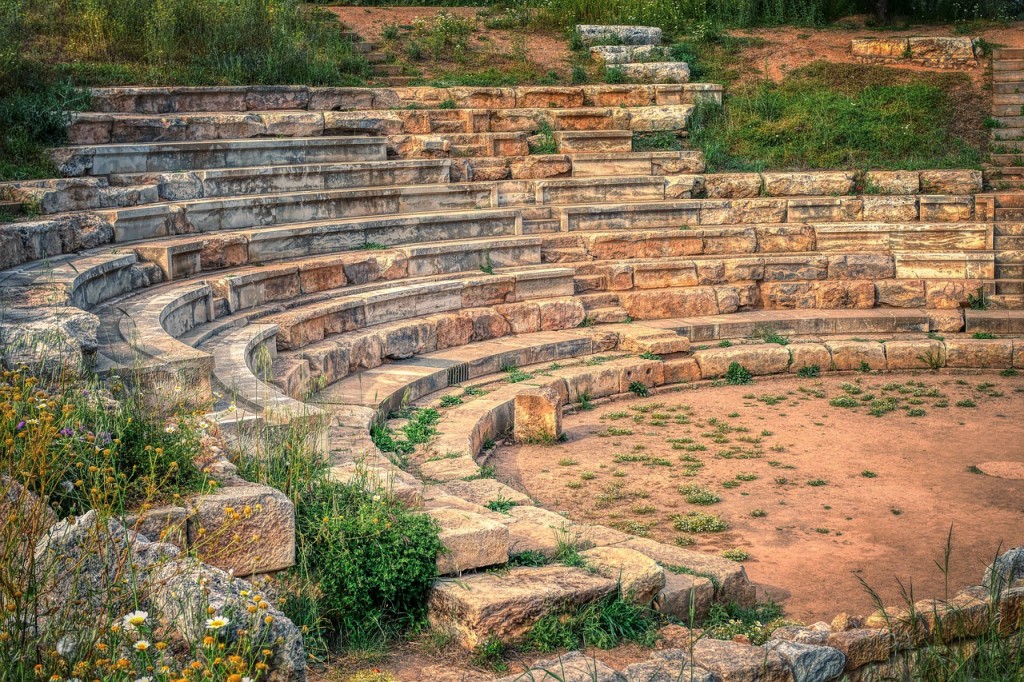
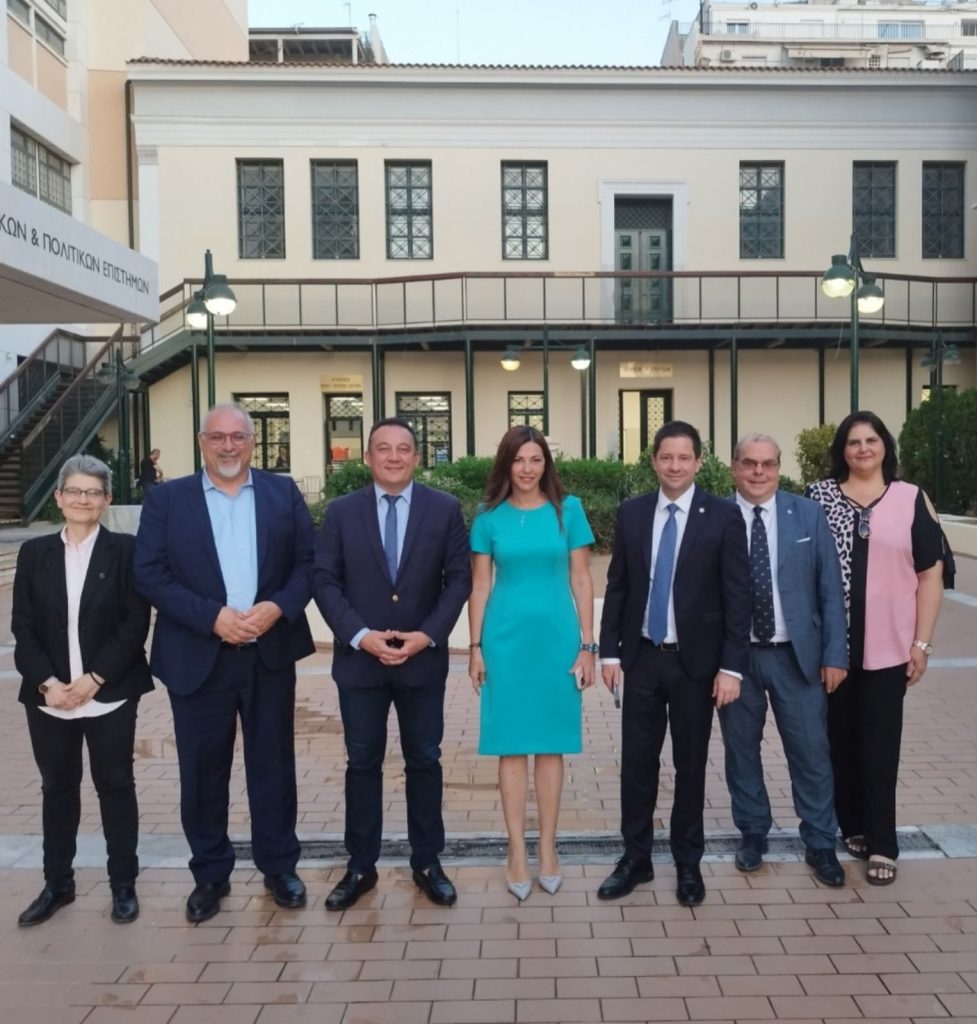
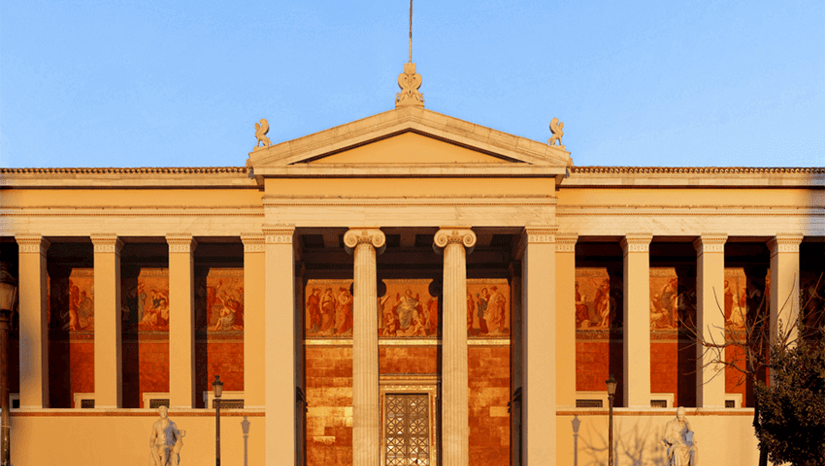
![Το 63ο διεθνές συνέδριο χορού στην Αθήνα [2-6 Ιουλίου]](https://hub.uoa.gr/wp-content/uploads/2025/07/ΟΡΧΗΣΗ-ΓΙΑ-ΤΗΝ-ΕΙΡΗΝΗ-1024x576.jpg)

![Συναυλία Jazz του Τμήματος Μουσικών Σπουδών ΕΚΠΑ [2 Ιουλίου]](https://hub.uoa.gr/wp-content/uploads/2025/06/Jazz-night-cover-1024x576.jpg)
